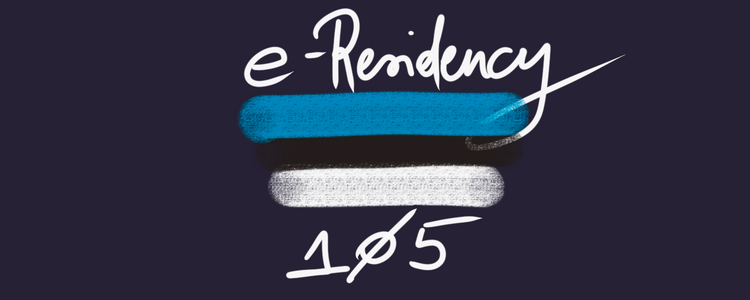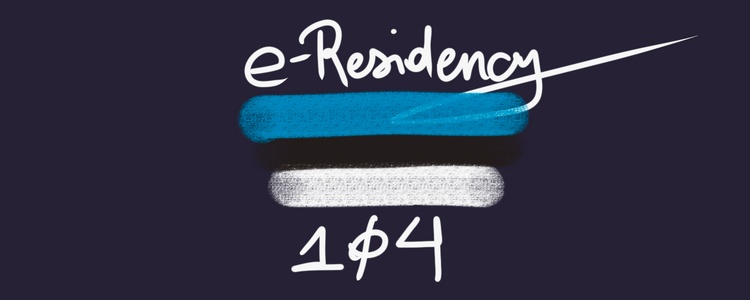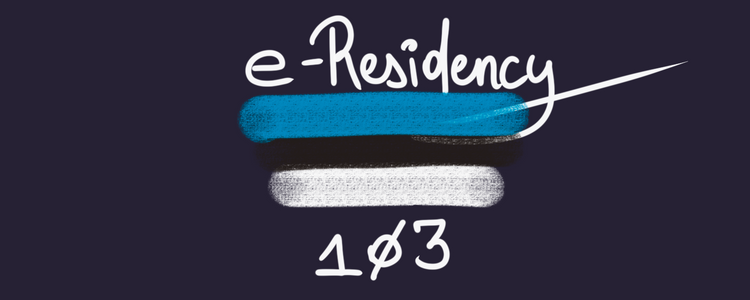A Guide to Better Writing

Suck at writing?
![Been there. Done that. [source: http://bit.ly/1JaqHLR]](https://qndtoolkit.files.wordpress.com/2017/10/writers-block.gif?w=1088)
A few simple tricks can take your writing from so-so to oh-wow!
Why Write?
Here are some benefits I get from writing:
- Writing helps me think
- Writing codifies values and culture
- Writing improves my skill of writing
- Writing communicates ideas to different audiences
- Writing increases the reach of my communication (1:n)
- Writing communicates ideas synchronously and asynchronously
- Writing creates artifacts (posts; references; resources; assets; etc.)
Regardless of your specific context, writing is a great catalyst for ideas.
A Practical Guide to Better Writing
These 5 points have improved my writing:
- Mindset: Use writing as a thinking tool.
- Structure: Outline an intro-main-conclusion structure before writing.
- Story: Use storytelling frameworks to entice your readers.
- Humor: Make them laugh.
- Style: Follow a few simple rules.
“Adapt what is useful, reject what is useless, and add what is specifically your own.” – Bruce Lee
Writing as a Thinking Tool

Writing is a medium of human communication that represents language and emotion with signs and symbols. … Writing is not a language, but a tool used to make languages be read (wiki).
Many professionals write to go through both stages of the creative process:
- Divergent Phase: Brainstorm; Sketch out ideas; etc.
- Convergent Phase: Solidify core idea; Edit script/story; etc.
Below you see two examples of ideation and editing on paper:
![Writing as Thinking Tool (left: Joseph Heller's outline for 'Catch-22' // right: Gay Talese's ideas for 'Frank Sinatra Has a Cold') [source: http://dailym.ai/1rNUCNG]](https://qndtoolkit.files.wordpress.com/2017/10/screen-shot-2017-10-29-at-4-41-22-pm.png?w=1024&h=574)
“Writing is thinking. To write well is to think clearly. That’s why it’s so hard.” – David McCullough
Structuring as a Foundational Skill

Writer’s block is scary. Sitting in front of a blank page, palms sweaty, mind on hold, and not knowing where to begin.
Often the problem is not a lack of ideas but a lack of constraints. It helps to create a ‘solution frame’.
My friend Fred taught me the following:
- Write the headline and outro
- Outline the chapter headers
- Write body
- Redo outro
- Write intro
- Rewrite everything from start to finish
- Take five
- Edit final version
The first two steps make sure that the piece is in line with the key insight.
More importantly, it delays the difficult task of writing the first sentence – you actually write it at the end, when you know what’s following 🙂
Techniques of Master Storytellers

Why are some stories more memorable than others? Because they check certain boxes.
The Heath brothers developed a straightforward framework to improve your story with the help of 6 simple principles.
![SUCCESSs Model for Sticky Ideas [source: http://bit.ly/1g8x8Pr]](https://qndtoolkit.files.wordpress.com/2017/10/screen-shot-2017-10-28-at-5-35-18-pm.png?w=1024&h=792)
The goal of the model is to achieve the following:
- Simple – Distill the core of your message.
- Unexpected – Get their attention.
- Concrete – Make them understand.
- Credible – Make them believe.
- Emotional – Make them care.
- Stories – Give the audience something to act upon.
A Laugh a Day Keeps the Blues Away

“If you want to tell people the truth, make them laugh, otherwise they’ll kill you.” – Oscar Wilde
Humor can be a great way to make your idea stand out. Dilbert’s creator wrote down his 6-point plan to a funnier script:
- Naughty
- Clever
- Cute
- Bizarre
- Mean
- Recognizable
Use at least two of these dimensions and the reader will notice.
![6 Dimensions of Humor Applied [source: http://bit.ly/2yecPk4]](https://qndtoolkit.files.wordpress.com/2017/10/sql.gif?w=1024&h=311)
Style: Words, Flow, and Much Mo’

The Day You Became a Better Writer
Want to learn 80% of the rules of good writing? Take 2 minutes to read this article.
Good, isn’t it?
The Guidelines to Follow
If you want to go into more detail look at the following:
The Power of Visual Helpers
The main goal of writing is to communicate ideas with your audience. Where words are not enough an image/illustration can do wonders.
![Fantastic example of using complementary visualizations to increase understanding [source: http://bit.ly/2gctI6U]](https://qndtoolkit.files.wordpress.com/2017/10/screen-shot-2017-10-29-at-5-36-07-pm.png?w=1088)
Bottomline: Become a Better Writer in 5 Steps

Keep a few things in mind, and you improve your writing immediately:
- Mindset: Use writing as a thinking tool.
- Structure: Outline an intro-main-conclusion structure before writing.
- Story: Use storytelling frameworks to entice your readers.
- Humor: Make them laugh.
- Style: Follow a few simple rules. They make a difference.
Most importantly, write and develop your own style. When you find things that help, please share them 🙂
Thank you for reading this post.
If you liked it please share this with a colleague or friend. It would make my day 🙂
Please get in touch.
Examples of Clear Thinking and Fantastic Writing:
- WaitButWhy – My favorite all-around writer on the web. Taking complex topics and makes them easily understandable.
- Stratechery – Clearest business thinker I have come across.
- FarnamStreet – Writer focused on distilling the wisdom of the world’s best thinkers.
- David Perell - David teaches online writing. His essays are proof that he knows what he's talking about.
- My Collection - My collection of links to some killer pieces.
Helpful Links and Resources:
- 5-Minute Guide to Better Typography (Pierrick Calvez)
- Styleguide: Mailchimp (Mailchimp)
- Active vs. Passive Voice (Towson University)
- Inverted Pyramid (Wikipedia)
- Thesaurus (English Language)
- Slightly More Than 100 Fantastic Pieces of Journalism (Atlantic)
- Hero’s Journey (Edward Taylor)
- Content Patterns (Shane Melaugh) – Skip the popup/video and read through the piece
- Technical Writing (Google) – A collection of courses and learning resources for technical writing
- Why does writing matter in remote work? (Tim Casasola) – Practical benefits of writing during remote work.
- What makes writing more readable? (The Pudding) - Interactive guide to human legibility.
Amazing Writers Sharing Their Knowledge:
- The Day You Became a Better Writer (Scott Adams)
- 10 years of professional blogging – what I’ve learned (Andrew Chen)
- Empathy in Writing: Dale Carnegie’s Advice (Mr. Clarity)
- How I Wrote Arrival (Eric Heisserer)
- Interview With the Man Behind WaitButWhy (Tim Urban)
- The Habits of a Master (Paolo Coelho)
- The Power of Listening (Cal Fussman)
- The Man Behind Dilbert (Scott Adams)
- The Best Bit of Advice on Writing I’ve Received (Tom Tunguz)
- The Ultimate Guide to Writing Online (David Perell)
- Epic Tweetstorm About Writing Techniques (David Perell)
- How To Write Usefully (Paul Graham)
- Making Your Writing Work Harder For You (Patrick McKenzie / patio11)
- How I Wrote, Crowdfunded, and Independently Published a Book in 2020 (Blake Boles)
- Jim Lehrer's Rules for Journalism (via Paul Graham)
- ReadMe: How to Make Your Text Legible on the Internet (ReadyMag)
- How to Write an Introduction (Julian Shapiro)
- A Founder's Guide to Writing Well (Dave Girouard)
- Pocket Guide: Business Writing for Startup Founders (Art Lapinsch)
- Good Business Writing Is About Logic, Not Words (Leonardo Federico)
- Remote Productivity Hacks We Wish We Knew from Day One: Mattermost’s Journey (Ian Tien)
- Write Simply (Paul Graham)
- Mise en Place Writing (Shawn Wang)
- World Building (Alex Danco)
- "Public Narrative" Communications Technique (Trung Phan)
- Master Fascinations: The Single Most Important Copywriting Skill (Eddie Shleyner)
- Six Emotional Arcs of Stories (Ethan Mollick)
- Justify Every Word (Steve Newman)
- Combining real-time collaboration with version control for writers (Upwelling)
Good Writing
- Email from Jeff Bezos to employees (Jeff Bezos)
- A Letter From David Mamet To The Writers Of The Unit (David Chen)





